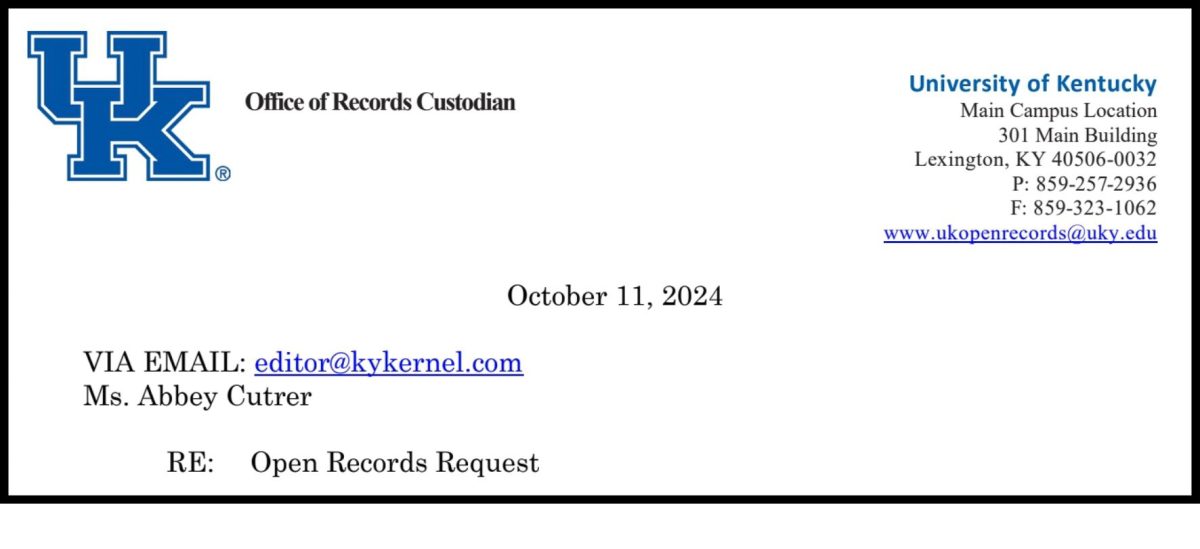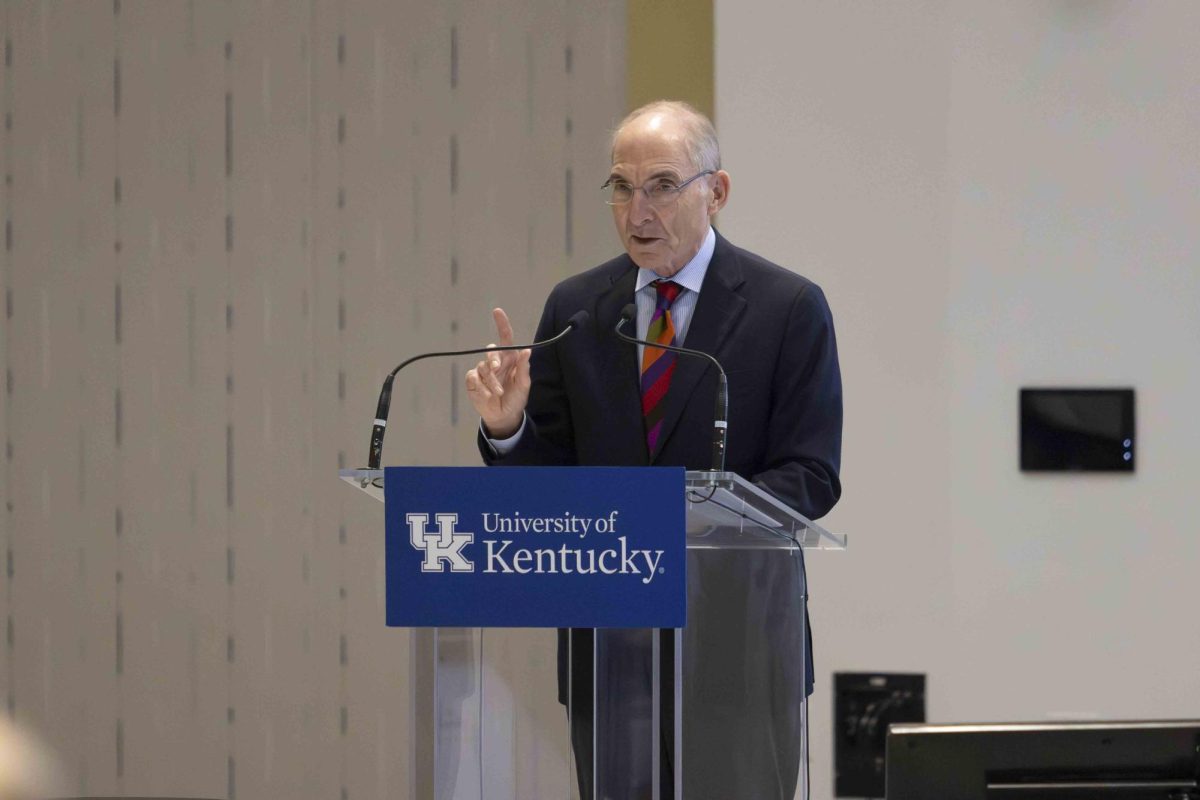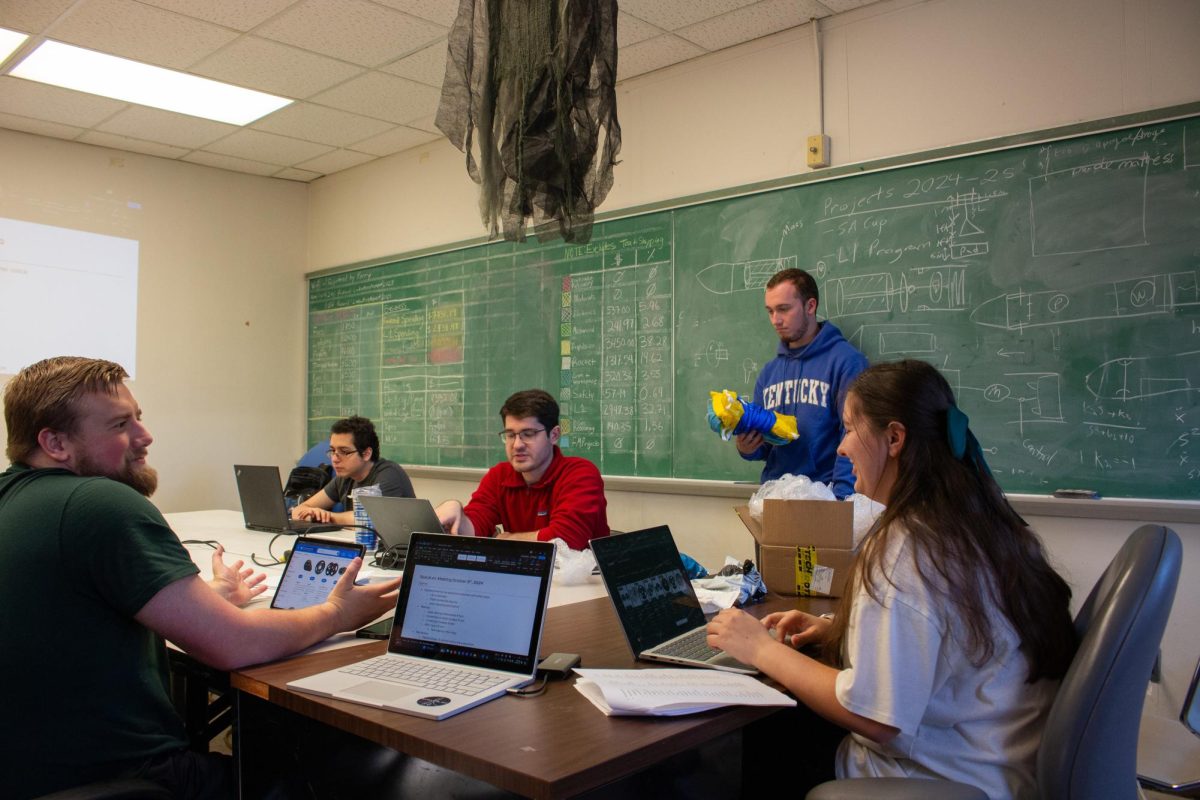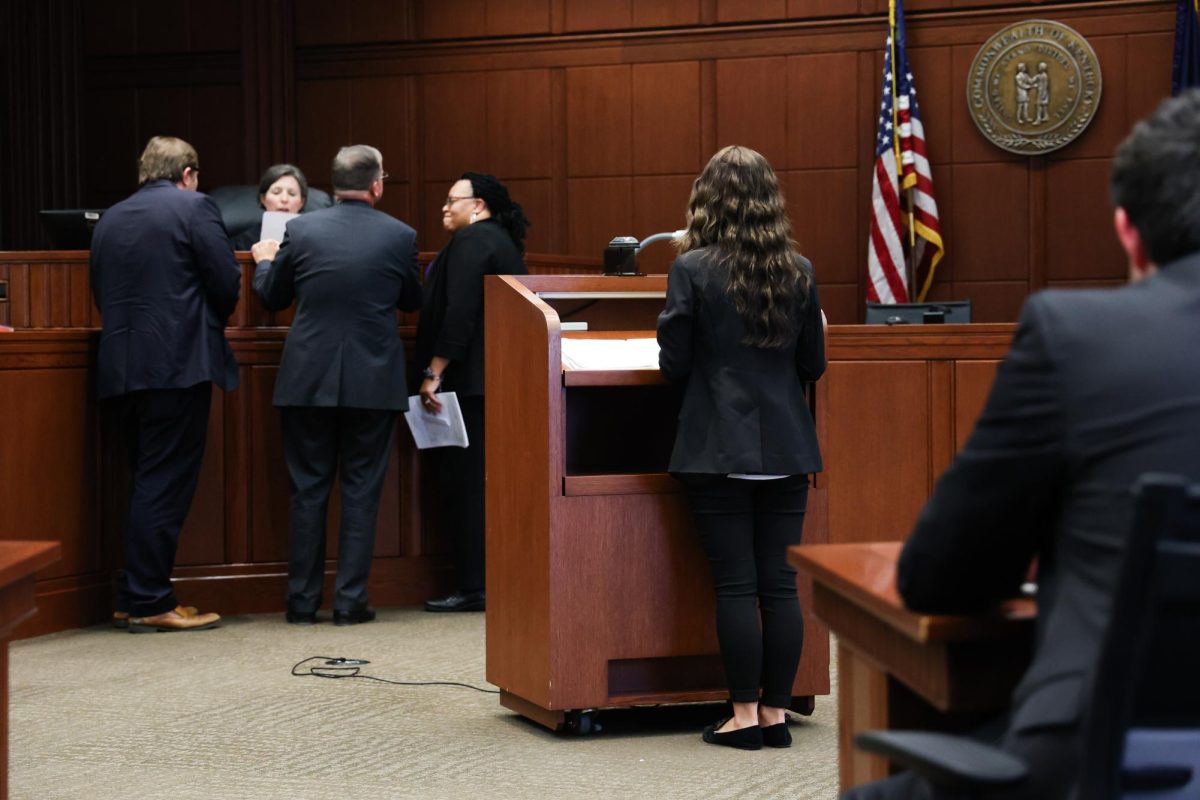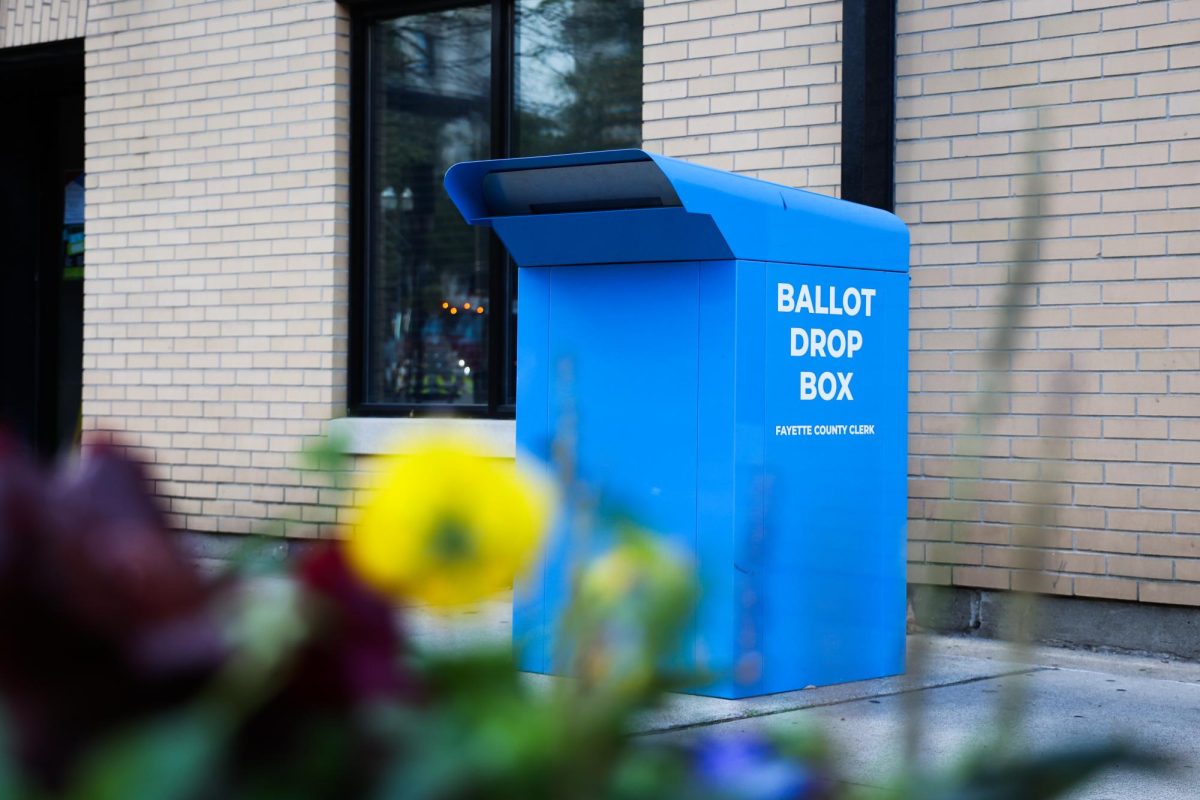It’s time to rethink the importance of coal mining careers
January 17, 2019
Kentucky’s coal production has decreased to less than half its annual production in 2010. At the same time, Kentucky has seen a mining employment rate drop from 17,000 in 2010 to 6,600 in 2017.
This is a huge blow, particularly in an area that has historically been known for being impoverished. Alarming data such as this influenced many Eastern Kentuckians to vote for President Donald Trump in the 2016 election with his promises of increasing mining jobs. It seems that Kentuckians believed coal could make the comeback that car manufacturing has begun to do in Michigan (increasing exports from about $30 billion during its 2009 low point to nearly $60 billion in 2017).
However, unlike car production that tends to increase with population and will do so until America makes the investment to transition to public transportation, coal’s demand is decreasing. Part of the issue, according to a CNBC article, is that the price of coal is too low to justify extracting right now. This is partly due to an increase in environmental legislation, an increase in fracking and an emphasis on renewable energy sources.
Eastern and Western Kentucky are working to diversify their workforce, but it is not moving quickly enough. Rather than work to try to preserve the coal industry, there should be more stress on creating jobs in new areas.
CNBC followed the story of an ex-miner, Tony Bowling, who attended community college for 10 weeks in order to obtain training to be an electrical lineman after his previous coal mining plant shut down. Bowling said, “I’m making more money now than I ever did in the mines.”
Perhaps others should follow suit and consider pursuing a different career path. Kentucky prides itself on its traditional mindset, but coal will not be a component of Kentucky culture for much longer. It makes much more sense for future (and current)generations to plan ahead for when coal is no longer being mined rather than staying stuck in an outdated tradition.
Many view this as a negative, but a shift to other fuel sources does not mean that Kentucky has to be left out of the economic growth. Some companies are placing solar panels on old strip-mining sites. Opportunities such as these can perhaps solve some of Kentucky’s struggle with job opportunity but also provide a cleaner and safer environment, especially for those who currently live near the mine sites. Change is not always bad.





